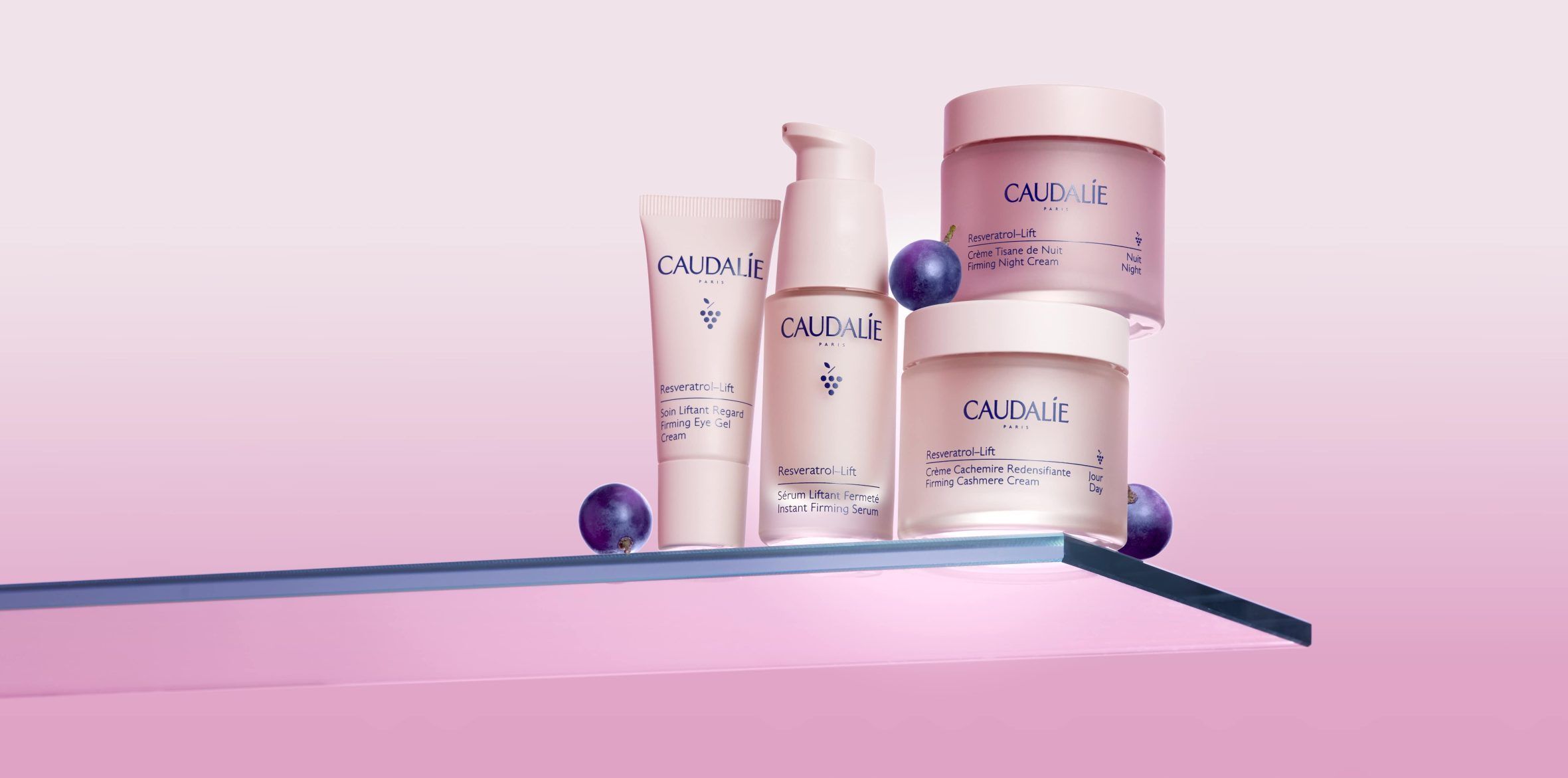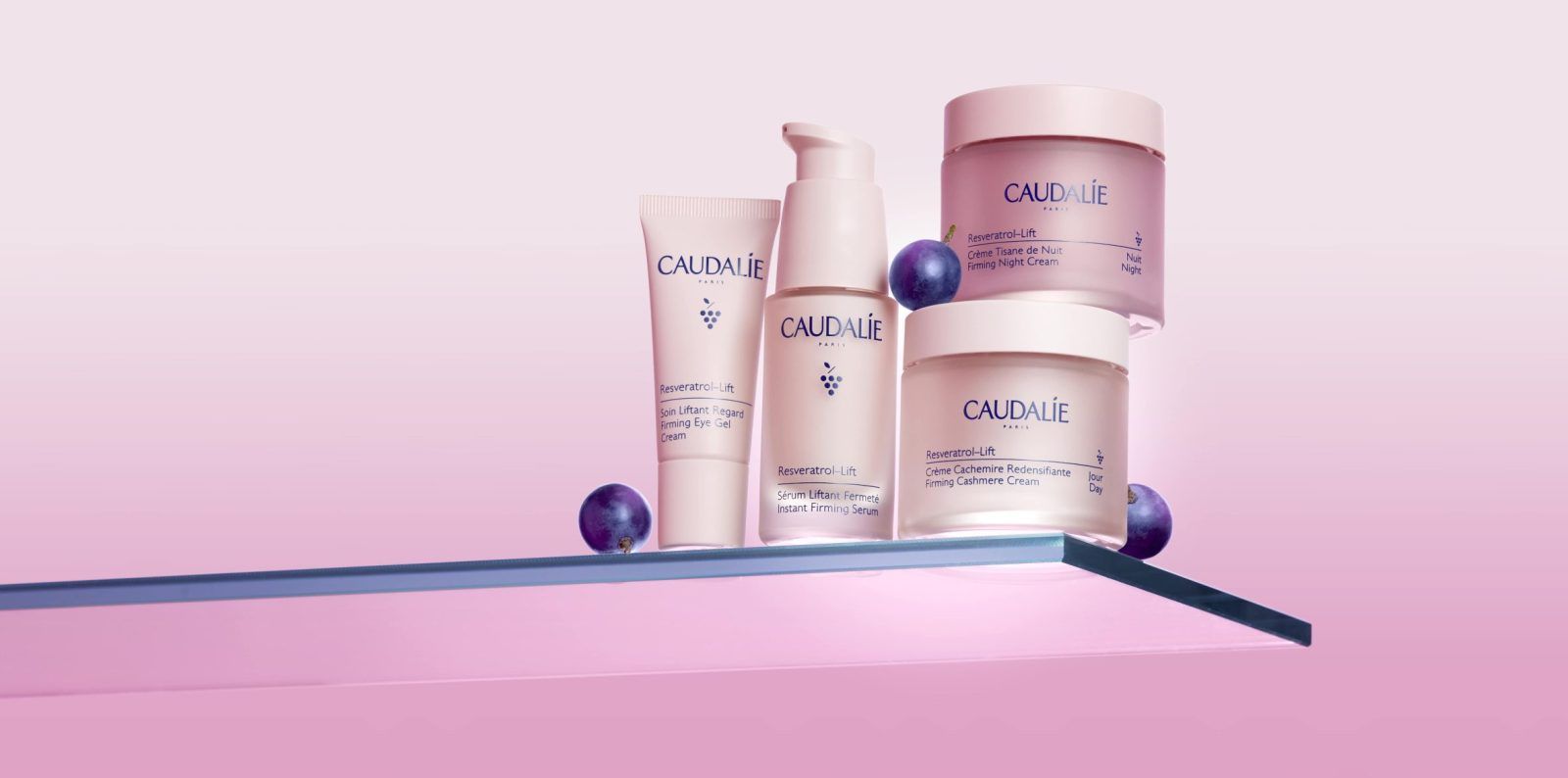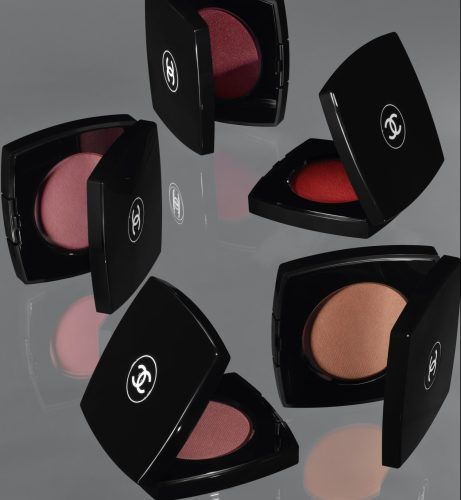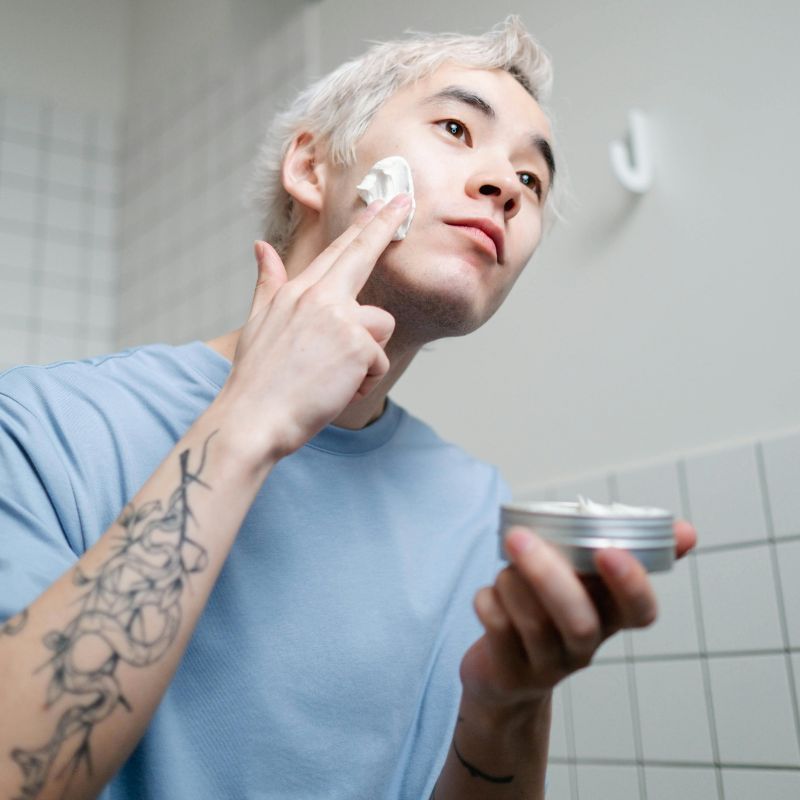We chat with Shalina Hassanaly – Head of Caudalie Biology Laboratory – about Caudalie’s revamped Resveratrol-Lift line and their partnership with Harvard Medical School.
The French are renowned for their skincare and Caudalie is no different. The brand has garnered a cult following and boasts several cult products under their belt. From the iconic Beauty Elixir to the Vinergetic C+ mask, Caudalie can do no wrong.
View this post on Instagram
With the rise of retinol, Caudalie stays ahead of the curve by teaming up with Harvard Medical School to reinvent its Resveratrol line to the new Resveratrol-Lift. The renewed line incorporates a retinol alternative – Vegan Collagen 1, setting a new standard for anti-aging solutions that are effective, vegan and long-lasting.
We had the pleasure to chat with Shalina Hassanaly, Head of Caudalie Biology Laboratory, on the power of resveratrol, green technology and skin care breakthroughs.

With claims of being 3x more effective than retinol, could you elaborate on the scientific breakthroughs that contribute to the enhanced efficacy of the newly reformulated Resveratol-Lift line?
The major advance of the new Resveratrol-Lift range is the innovation of Collagen I Vegan. A fragment of human collagen I, identical to our skin collagen, sustainably produced by plants in vertical farms. The association of Collagen I with our ingredients co-patented with Harvard Medical School allows to boost 3 major collagens in our skin. This innovation offers an effective vegetal solution to collagen decline.
Sustainability is a key focus in the relaunch. How does Caudalie’s use of Vegan Collagen 1 align with the brand’s commitment to sustainability, and what steps have been taken to ensure the sourcing and production processes are eco-friendly?
Caudalie, through its origin and environmental commitments has always considered the environmental aspect in developing products and packaging. Regarding the formula, the Vegan Collagen I is produced by herbaceous plants in vertical farms in Spain. Vertical farms allow to cultivate plants soilless in a controlled environment. This cultivation technique optimises space and water consumption. In the case of cosmetics, it avoids occupation of fields that can be used for agriculture. Furthermore, the development of refills for the Resveratrol Lift day and night creams is a step further towards sustainability, in order to reduce packaging materials. These new refills allowed us to reduce plastic, paper, and glass consumption.
The collaboration between Caudalie and Harvard is intriguing. How has the exclusive Caudalie × Harvard patent played a role in the development of the Resveratol-Lift line, and what specific expertise has Harvard brought to this project?
Harvard Medical School is known for its expertise on longevity. Our collaboration with Harvard Medical School had previously allowed us to demonstrate great results on boosting collagen and hyaluronic acid. With this new line, we took it further by adding the Vegan Collagen I and demonstrated that we can boost 3 different types of collagens in the skin.
Can you share some insights into the revolutionary green technology employed in the formulation? How does this technology bridge the gap between the medical world and plant-based solutions in the realm of anti-ageing skincare?
We were inspired by a technology from the pharmaceutical world that makes plant able to produce key proteins and factors and applied it to the production of a collagen I fragment. We use an ingredient, the Vegan Collagen I, produced by herbaceous plants that are not genetically modified. They are cultured in a sustainable manner in vertical farms. The result is a 100% natural and vegan collagen fragment with a structure identical to that of our own cells.
Discover the full Caudalie Resveratrol-Lift line here.












